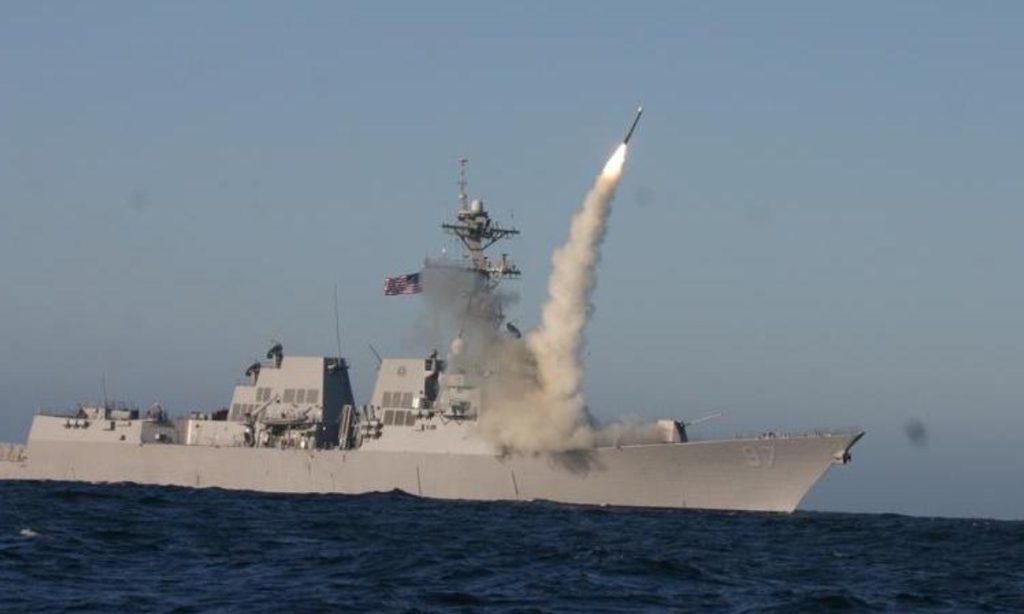Japan’s quickened procurement of Tomahawks from US could backfire if used to target other countries’ homeland, say Chinese military experts

Japan will start procuring Tomahawk cruise missiles from the US in fiscal year 2025, a year earlier than initially planned, Japan's defense minister Minoru Kihara announced on Wednesday at a press event in Washington after holding his first face-to-face talks with his US counterpart Lloyd Austin, the Kyodo News reported. Chinese military observers warned that if Japan intends to target other countries, it will also be included in the scope of potential counterstrikes. Moreover, the US' plan to deploy Tomahawk cruise missiles on its allies in the Asia-Pacific region, targeted at China, is an underestimation, and will ultimately be futile.
As part of preparations to acquire "counterstrike" capabilities, or the ability to hit enemy bases should the need arise, Japan plans to purchase 400 Tomahawks, which have a strike range of around 1,600 kilometers.
The defense chiefs "shared the recognition" that the procurement of Tomahawk Block-4 missiles will begin in the fiscal year starting in April 2025, the Kyodo News cited a Japanese official as saying, noting that the purchase still needs to be approved by the US Congress, with both sides, for this reason, refraining from calling it formally "agreed."
Tomahawks, first used in the 1991 Persian Gulf War, are allegedly able to cover Chinese coastal areas and are deemed essential by Japanese officials to beef up Tokyo's defense capabilities until Japan deploys home-developed ones.
Japan's deployment of Tomahawk missiles from the US aims to strengthens its ability to launch preemptive strikes and enhances military cooperation with the Washington, Song Zhongping, a Chinese military expert and TV commentator, told the Global Times on Thursday.
He explained that the sale of Tomahawk cruise missiles to Japan primarily focuses on their deployment on Aegis-equipped warships.
Chinese observers believe the US allows Japan to rearm itself and is helping Japan to acquire long-range attack capabilities to turn Japan into a more important pawn against China, while Japan wants to help the US to fight China in a bid to realize the "normalization" of its national defense force and achieve large-scale military expansion.
However, if Japan dares to launch attacks on other countries at sea, its own territory will also become a target for retaliation, therefore, Japan should not miscalculate and think that it can use weapons and equipment without facing consequences, Song warned.
In August, Australia announced it would spent $833 million to boost its long-range strike capabilities as it finalized a deal to buy more than 200 Tomahawk cruise missiles from the US, making it one of the three countries to have Tomahawks along with the US and the UK.
Experts said deploying Tomahawk missiles in allies reflected the US ambition of beefing up its military strength in the Asia-Pacific region and speeding up the construction of a "Tomahawk missile encirclement circle" targeting China.
Both Australia and Japan will undoubtedly face retaliation if they use their missiles to threaten the homelands of other countries. Both countries need to ask themselves what is more important: serving as pawns to maintain US hegemony or ensuring the security of their own nations? Song said.
The military expert also noted that countries daydreaming about forming an encirclement of China are overestimating their capacities, Song noted.